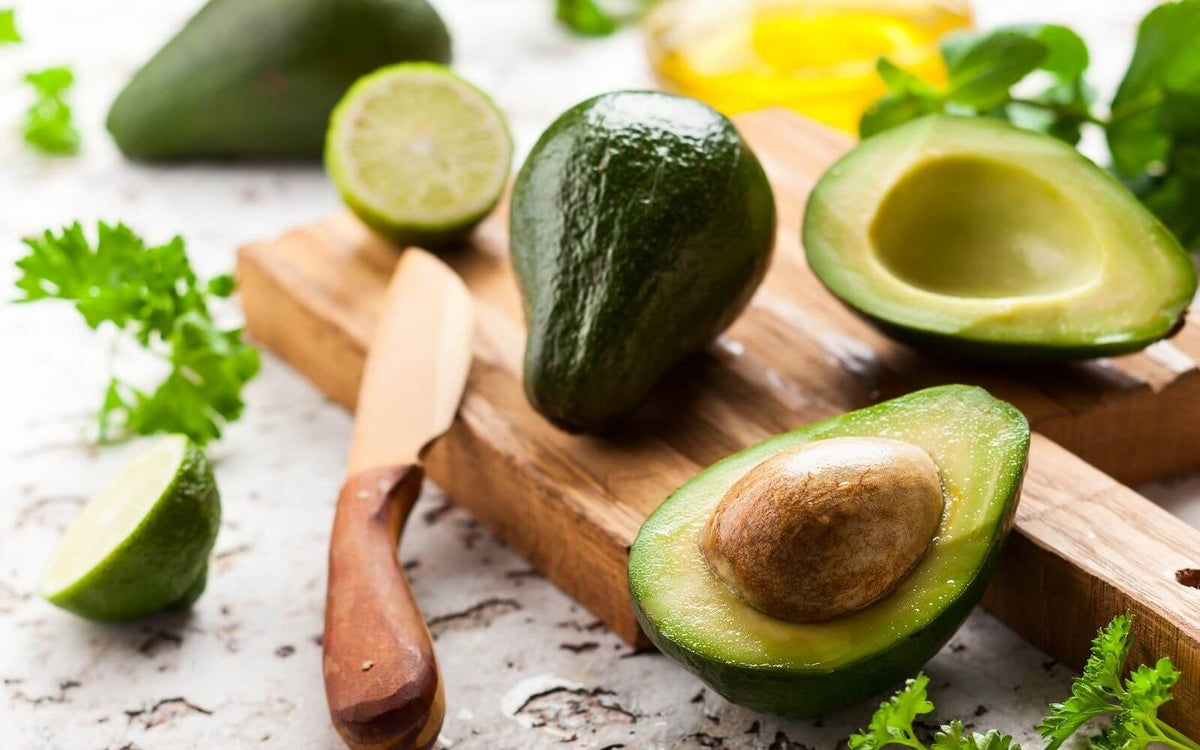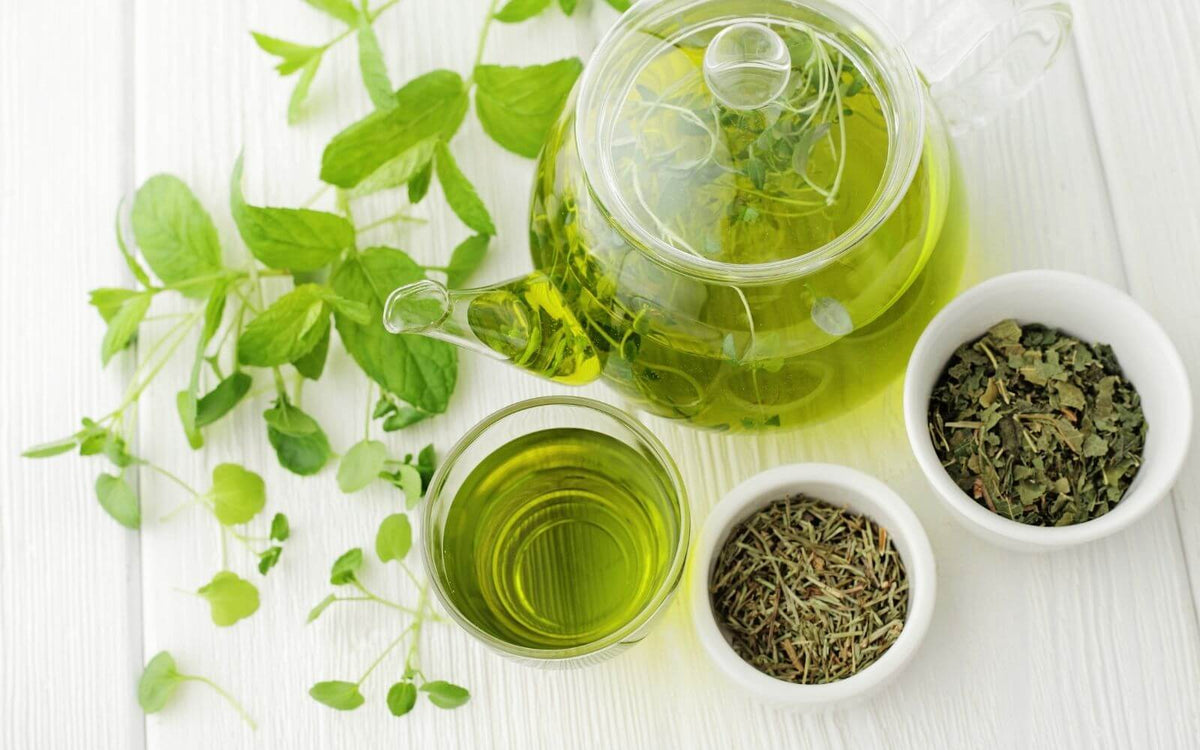What Are Benefits of Pineapple?

What Are Benefits of Pineapple
Pineapple is an incredibly healthy and delicious tropical fruit that originated from South America. It is full of nutrients, antioxidants and other beneficial substances like enzymes that can help fight off inflammation and disease. Consuming it is often associated with many health benefits including improved immunity, speeding up recovery from surgery, and even aiding in digestion. In this article we answer the question: what are the benefits of pineapple?
1. Packed of Essential Nutrients
Although they are relatively low in calories pineapples have an incredibly high nutrient profile. They are full of vitamins, minerals, antioxidants, and powerful enzymes.
Nutrition In A Pineapple
One cup (5.8 ounces of 165 grams) of pineapple chunks contains the following:
- Calories: 82.5
- Protein: 1 gram
- Fiber: 2.3 grams
- Vitamin C: 131% of the RDI (recommended dietary intake)
- Manganese: 76% of the RDI
- Vitamin B6: 9% of the RDI
- Copper: 9% of the RDI
- Thiamin: 9% of the RDI
Pineapples are extremely rich in vitamin C and manganese. Vitamin C is vital for growth and development as well as a healthy immune system.
2. Has Disease-Fighting Antioxidants
Pineapples are full of disease-fighting antioxidants. Antioxidants are molecules that help your body fight oxidative stress. Too much oxidative stress is linked to chronic inflammation, a weakened immune system, and many other harmful diseases. Additionally, pineapples are rich in antioxidants called flavonoids and phenolic acids.
3. Can Reduce Your Risk of Cancer
Cancer is the second-leading cause of death in the United States each year behind heart disease. It is a chronic disease characterized by uncontrolled cell growth and is commonly linked to oxidative stress and chronic inflammation.
Multiple studies suggest that pineapple and its beneficial compounds may reduce the risk of developing certain types of cancer. For instance, one of these compounds is the group of digestive enzymes referred to as bromelain. Clinical-grade studies show that bromelain may help fight off cancer.
Furthermore, animal studies have found that bromelain can stimulate the immune system to produce molecules that make white blood cells more effective at suppressing cancer cell growth and potentially eliminating cancer cells altogether.
4. Contains Enzymes That Can Aid Digestion
Pineapple contains a group of digestive enzymes known as bromelain that function as proteases. This means they break down protein molecules into their building blocks such as amino acids and small peptides. This can be helpful for people with pancreatic insufficiency because the protein molecules are more easily absorbed across the small intestine.
A study that included 12 adults with pancreatic insufficiency experienced much better digestion after taking a supplement containing bromelain, compared to those taking a placebo digestive enzyme supplement.
5. Can Ease The Symptoms of Arthritis
Arthritis which usually involves inflammation in the joints affects over 54 million adult Americans each year. Pineapples contain a few different compounds that have anti-inflammatory properties, one of them being bromelain. Research from the early 1960s shows that bromelain was used to relieve symptoms of rheumatoid arthritis. This type of arthritis involves inflammation of the joints.
Multiple studies conclude that supplementing with bromelain can help relieve pain as effectively as common arthritis medication like diclofenac.
6. May Speed Up Recovery Time After Exercise or Surgery
Consuming pineapples on a regular basis may reduce the time it takes to recover from surgery or exercise. This is in part, to the natural anti-inflammatory properties of bromelain. This can reduce inflammation, swelling, as well as bruising and pain that occurs after surgery.
Strenuous exercise, although no serious damage is being done, can also damage muscle tissue and cause surrounding inflammation. This is how muscles grow. Bromelain is believed to speed up the recovery of damage caused by exercise by reducing inflammation and damaged tissue.
7. Easy To Incorporate Into Your Diet
Pineapples mix easily with quite a few different foods and really taste great anyway they are prepared. Compared to other fruits they are inexpensive and available year round. They can be added onto pizza, mixed into salads and yogurt, or can be eaten by themselves.
How To Tell If A Pineapple Is Ripe?
The exterior of the pineapple changes from green to gray to yellow as it ripens. As a rule of thumb, the more yellow a pineapple's exterior is, the riper the fruit will be. For the best-tasting fruit you want a pineapple that is consistently golden-yellow from the top to the bottom. If you ever see your pineapple getting into the orange color-range that has probably gone too far and is beginning to rot.
What Are Benefits of Pineapple Summary
Pineapple is a delicious and tropical fruit that is full of nutrients, antioxidants, and other beneficial substances like enzymes that can help fight off inflammation and disease.
Health Benefits of Pineapple
One cup (5.8 ounces of 165 grams) of pineapple chunks contains the following:
- Calories: 82.5
- Protein: 1 gram
- Fiber: 2.3 grams
- Vitamin C: 131% of the RDI (recommended dietary intake)
- Manganese: 76% of the RDI
- Vitamin B6: 9% of the RDI
- Copper: 9% of the RDI
- Thiamin: 9% of the RDI
Pineapples are high in vitamin C, fiber, and manganese. Additional benefits of pineapples include:
- Has disease-fighting antioxidants
- Can reduce your risk of cancer
- Contains digestive enzymes
- May ease the symptoms of arthritis
- Can reduce inflammation
- May improve recovery time after exercise or surgery
Leave a comment
Comments will be approved before showing up.
Also in Nutrition

The Benefits of Avocados

The Benefits of Green Tea








